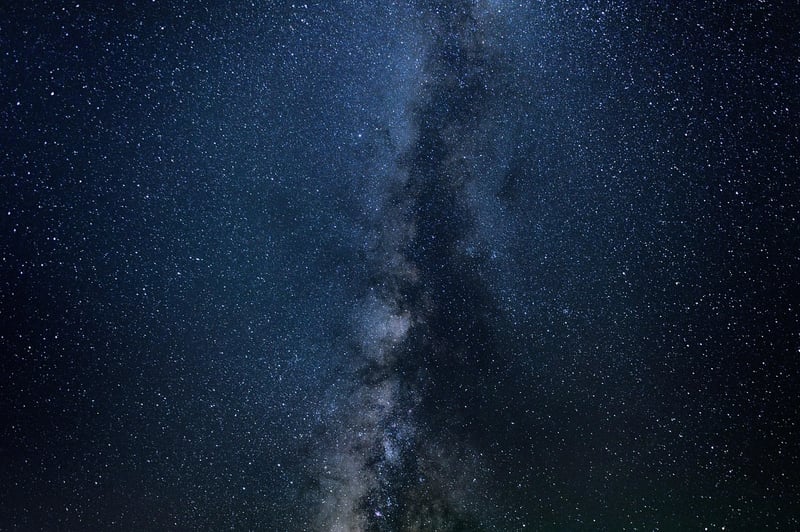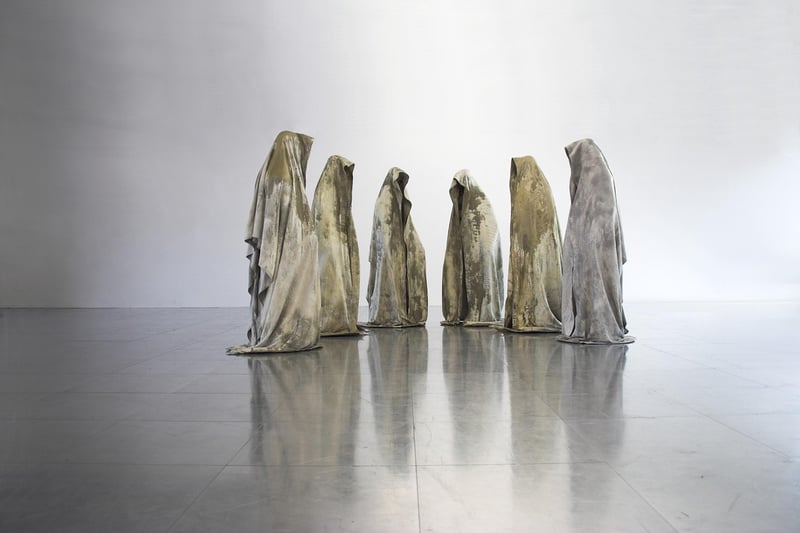Time Dilation Phenomena
Unravel the Secrets of the Cosmos: Time Dilation Phenomena
Have you ever wondered about the mysteries that lie beyond our planet Earth? The vast expanse of the cosmos holds secrets that continue to intrigue and captivate us. Among these mysteries is the concept of time dilation, a fascinating phenomenon predicted by Einstein's theory of relativity.
What is Time Dilation?
Time dilation is a concept in physics that suggests time passes at different rates in different conditions. According to Einstein's theory of relativity, time can appear to move slower or faster depending on the speed of an object and the strength of the gravitational field it is in.
The Twin Paradox
One of the most famous examples of time dilation is the Twin Paradox. Imagine two identical twins, one stays on Earth while the other travels to space at near-light speeds. When the traveling twin returns, they would find that less time has passed for them compared to their twin on Earth. This paradox demonstrates the effects of time dilation in a compelling way.
Applications in Space Exploration
Time dilation has significant implications for space exploration. Astronauts traveling at high speeds or near massive objects experience time differently than those on Earth. Understanding and accounting for time dilation effects are crucial for accurate navigation and communication in space missions.
Exploring the Unseen Universe
As we delve deeper into the mysteries of the cosmos, concepts like time dilation open new possibilities for understanding the fabric of spacetime. By unraveling these secrets, we gain insight into the nature of our universe and the fundamental laws that govern it.
Conclusion
Time dilation is a mind-bending phenomenon that challenges our traditional understanding of time. As we continue to explore and unravel the secrets of the cosmos, concepts like time dilation remind us of the boundless wonders that await us beyond the confines of our planet.

Join us on this journey of discovery as we unravel the mysteries of the cosmos and dive into the fascinating world of time dilation.
References:
